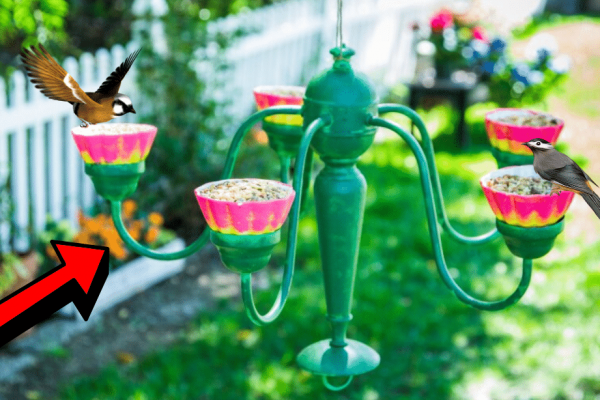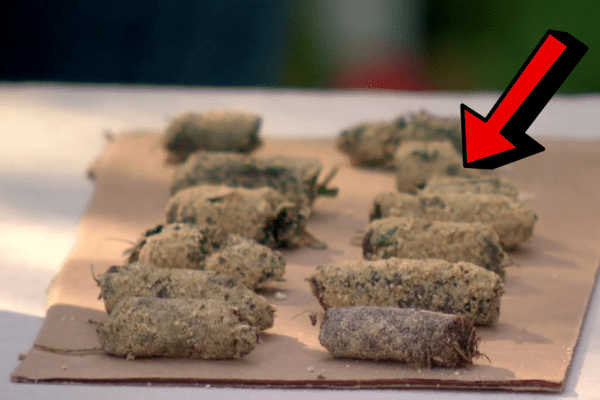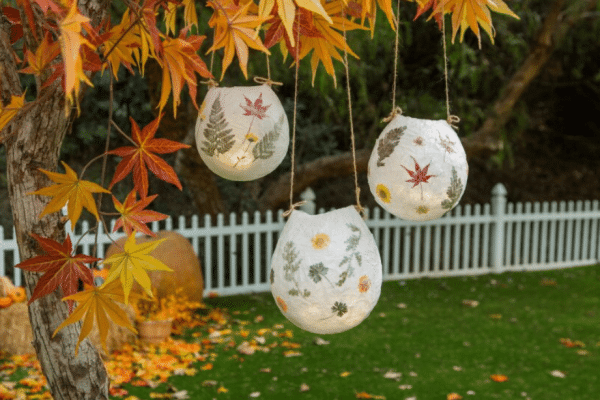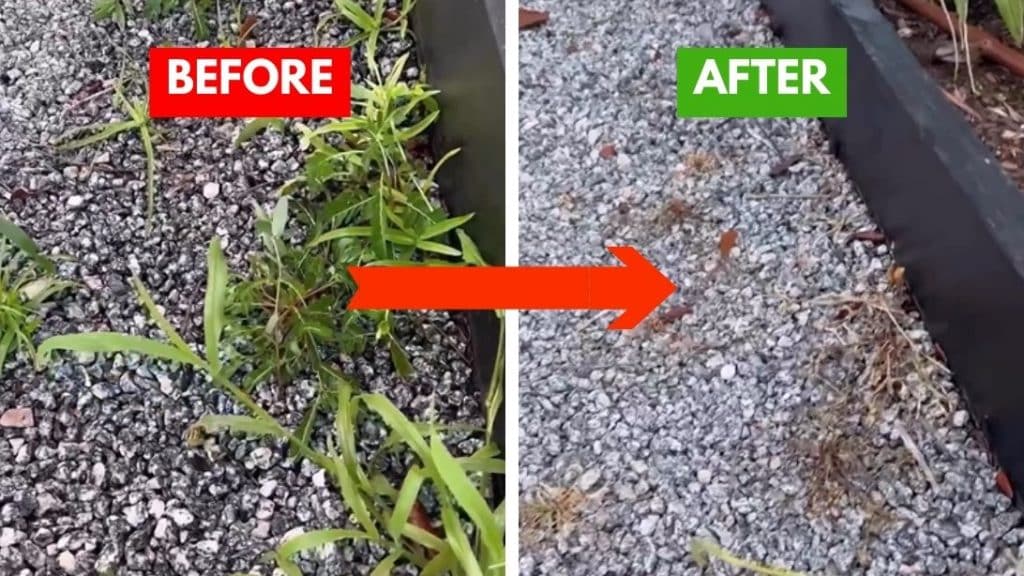
Weeds are invasive plants that damage your plants as they compete for sunlight, nutrients, and water. They can reproduce and spread quickly, which can be very bothersome. They can also grow on your landscaping rock, driveways, and pathways. If you are tired of pulling them out every day, here are 8 ways to kill weeds naturally by Safer® Brand.
RELATED: Gardening Hacks: How To Replant Vegetables
Weeds can be hard to control sometimes. If you don’t do it properly, they will just come back after a few days. Some of these techniques are very powerful and can also kill your plants, so remember that when trying out these methods. You can try these first in little areas before doing it to the whole patch of weeds that are near your plants.
For more gardening tips, check these out: 5 Life-Saving Gardening Hacks That You Must Know
How to Kill Weeds Naturally
1 – Buy clean seeds and compost
Be sure you are buying high-quality seeds. Check the label and see if your grass seed has less than two percent of weed seeds, like grassy or broadleaf seeds, crop seeds like corn or wheat, and inert matter like chaff or soil particles.
2 – Make your own natural weed killer
In a spray bottle, combine two parts of white distilled vinegar, one part of water, and a few drops of dish soap. Shake, then spray the solution on the weed in the morning of a dry, hot day. Be careful where you spray the mixture, as this DIY solution will kill most plants.
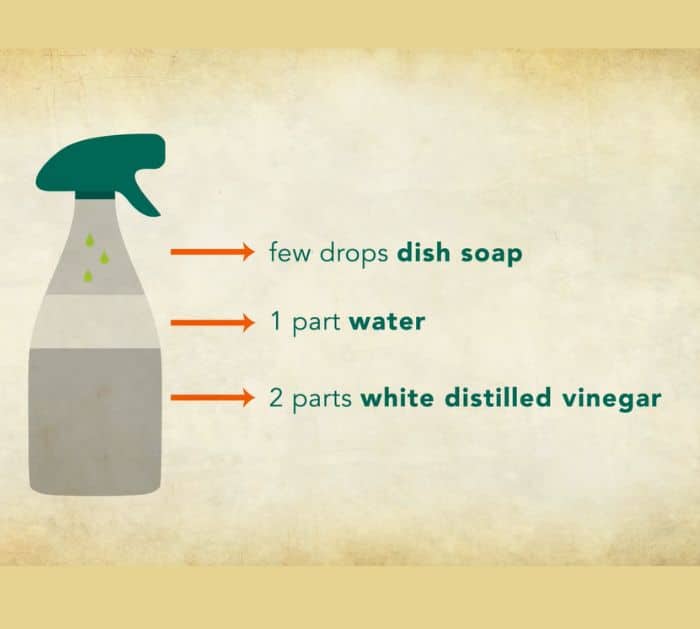
3 – Salt the weed
Mix 3 tablespoons of salt and just enough warm water to liquefy the solution. Salt kills weeds by causing dehydration and makes the soil barren. Use this solution in areas you don’t want vegetation.
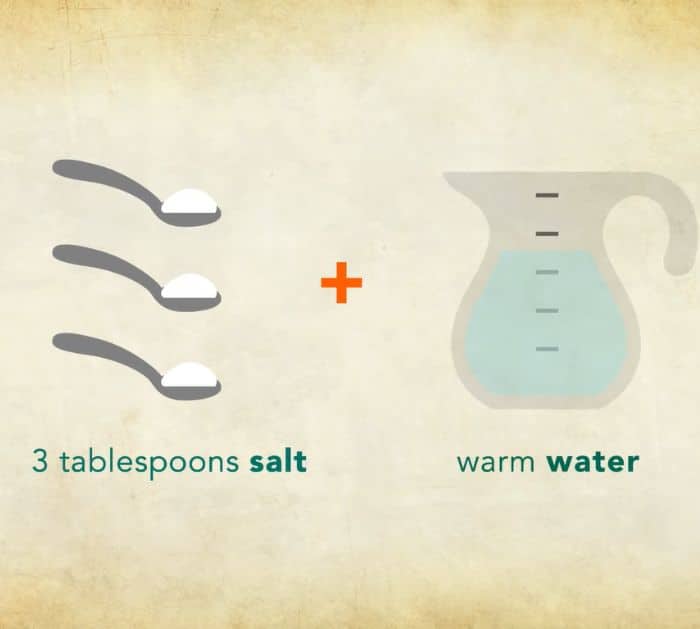
4 – Smother weeds with mulch
Paper, leaves, straw, or even a black tarp are great materials to use to suffocate your weeds. Just make sure you put enough mulch on the weeds to block out any light.
5 – Give your weeds a scalding hot bath
This works on young weeds that aren’t hardy enough to withstand boiling water.
6 – Crowd out weeds
Keep your soil’s pH level balanced and not moving your grass to low.
7 – Use corn gluten for weed prevention
It prevents germination of seeds and doesn’t have an effect on your already established plants.
8 – Use fast acting weed and grass killer
Safer brands weed killer doesn’t travel through the soil, so it won’t injure nearby plants.



